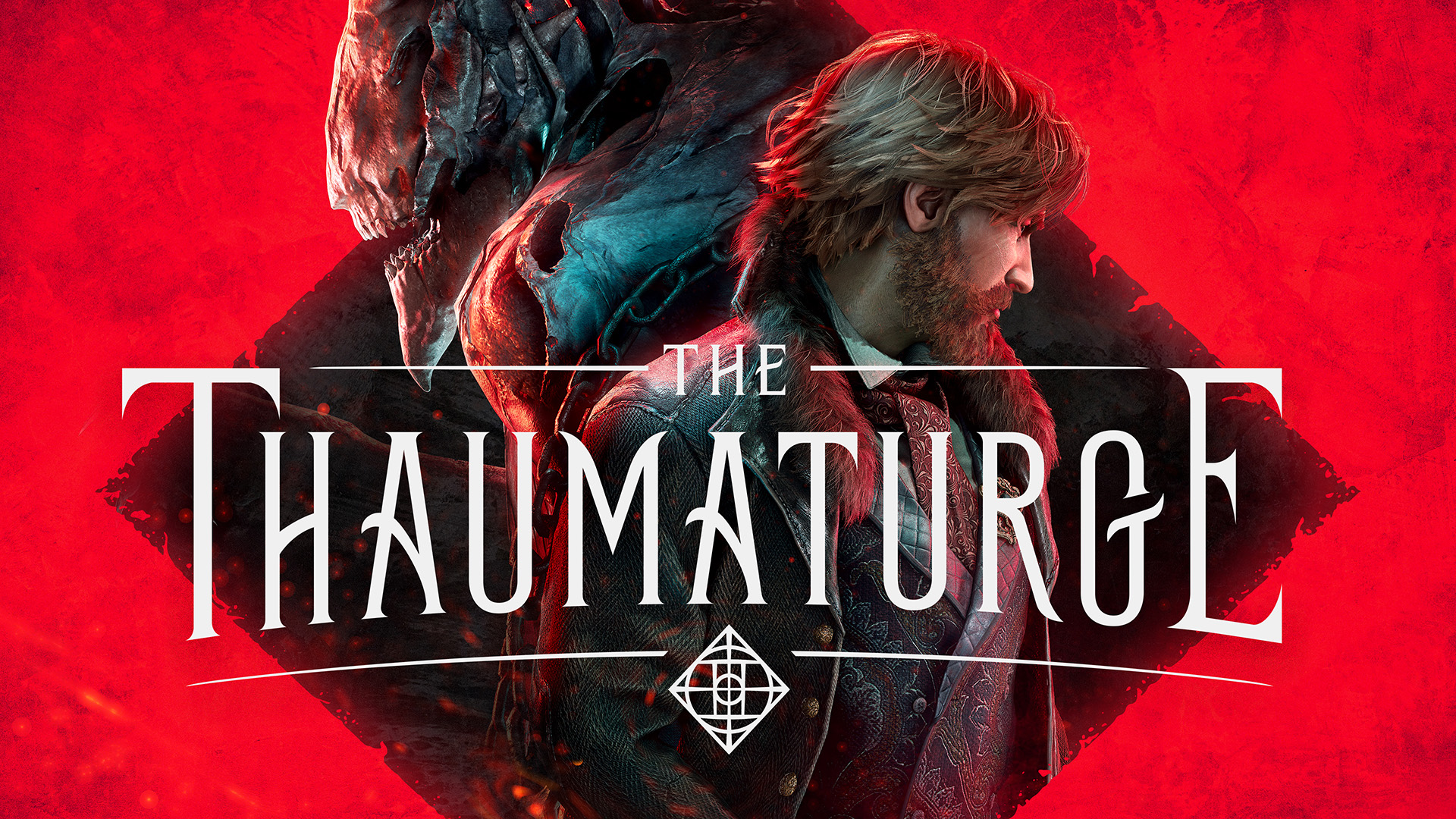The word Thaumaturge stems from the Greek word thaumatourgós, roughly meaning a “performer of wonders”. Boy oh boy, does The Thaumaturge live up to that moniker with consummate ease. Despite having no idea what its title meant at the outset, I was drawn in hook, line and sinker. Like an entity attaching itself to a poor, helpless soul, I was connected.
In its broadest form, The Thaumaturge is an isometric, story-heavy RPG mixed with investigation mechanics, decision-making and a host of characters to unravel. At its core though, what makes The Thaumaturge so compelling isn’t the individual systems, but rather the world upon which it’s been built. To say it’s easy to be absorbed into a universe of ethereal creatures that latch onto human beings’ flaws, would be a massive understatement.
So, what is it that makes The Thaumaturge so transfixing? It’s not just the works of wonders nor the manipulation of the human psyche, surprisingly. Time to dust off the old Grimoire and dig out your Sherlock Holmes cosplay attire, there are investigations to be conducted.
Wiktor Szulski, At Your Service
The Thaumaturge takes place in Warsaw, Poland in the year 1905. Still under the iron fist of Russia at the time, this is a city on edge. Diverse groups of people are at loggerheads, disputes are rampant and the authorities are either corrupt or violently ineffective. Returning to this melting pot of a homeland, is Wiktor Szulski, both our protagonist and the titular Thaumaturge.
There are two stories developer Fool’s Theory fixate on within the game. The first is the story of Warsaw itself; the resistance towards Russian occupation, the disparaging impact of high society and the uprisings in progressive movements towards a more prosperous fate. In this, I found so many enthralling stories and various threads of riveting social commentary.
For the most part, this is achieved through an abundance of interactable objects in the environment. Newspapers that reflect on the events of the time. Collectible sketches highlighting architecture. Notes that reveal the intricacies of Polish, Russian or Jewish life during the period. Warsaw is a character unto itself, and The Thaumaturge is superb at highlighting the world as a standout, in its own right.
More than that, however, is how the developers have used Warsaw to draw focus to their second narrative – people. Wiktor is returning to this hotbed of a metropolis with the ability to see into its underbelly. As a thaumaturge, he can sense emotion on objects, feel the thoughts of others. Oxymoronically, not only is Warsaw a scenic delight, it’s a hive of scum and villainy even Mos Eisley would reel at.
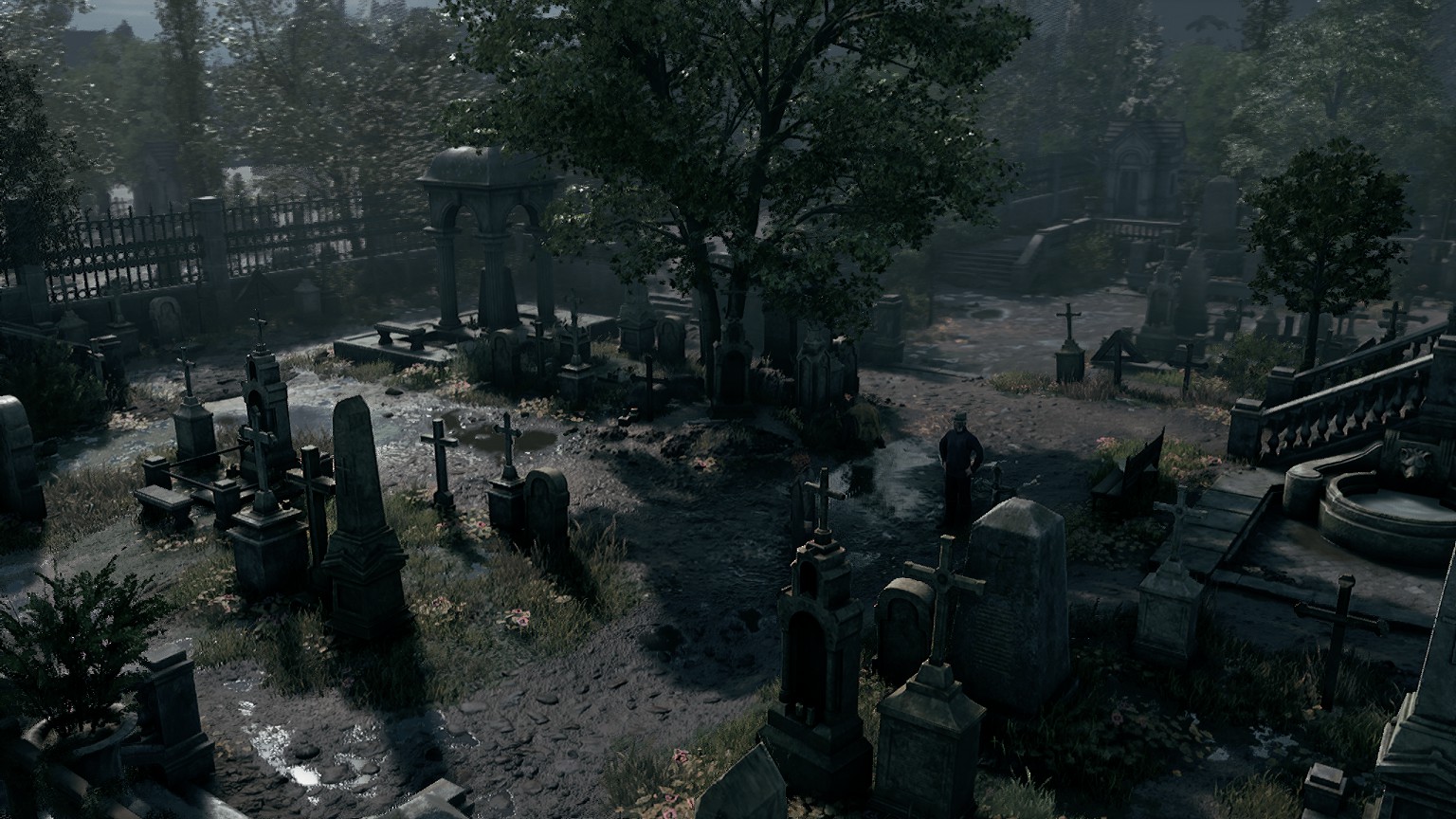
The Flaws In Our Hearts
Wiktor’s return to Poland is spurred on by the death of his father, for whom he holds little love. However, the story quickly ramps up in pace. Before long, you’ll be mixing with some prominent figures and groups throughout the city. Namely, Rasputin, the Russian secret service, Polish loyalists, Jewish businessmen and other thaumaturges.
Throughout the city lurk Salutors, sentient entities unseen by the majority of the population, though unseen does not mean unaffected. Salutors latch onto the emotional flaws of humans, for example, ambition, pride or manipulation, changing the behaviour of their subjects, usually for the worse. Wiktor has the uncanny ability to not only see Salutors but to interact with and ultimately control them.
Which is where The Thaumaturge really hones in on its second theme of human weakness. Salutors accentuate flaws already inherent within the person and seek out the people with the strongest version of the flaw. You’ll make a number of decisions in The Thaumaturge, like who you’ll align yourself with. Additionally, when presented with the chance, you’ll need to decide whether removing a flaw from someone is worth the price. They may be freed of a burden, but what do they lose in the process?
The decision-making of the game is what truly gripped me. Wrangling over whether I could trust a childhood friend, the cult-like miracle workings of Rasputin or even Wiktor’s own sister is so engaging. While the choices you make aren’t as comprehensive as say, a Baldur’s Gate game, they’ll shape your Wiktor in very different ways. Some threads aren’t as fleshed out as others, but overall, The Thaumaturge is a brilliant exploration into human nature, with a fascinating setting to boot.
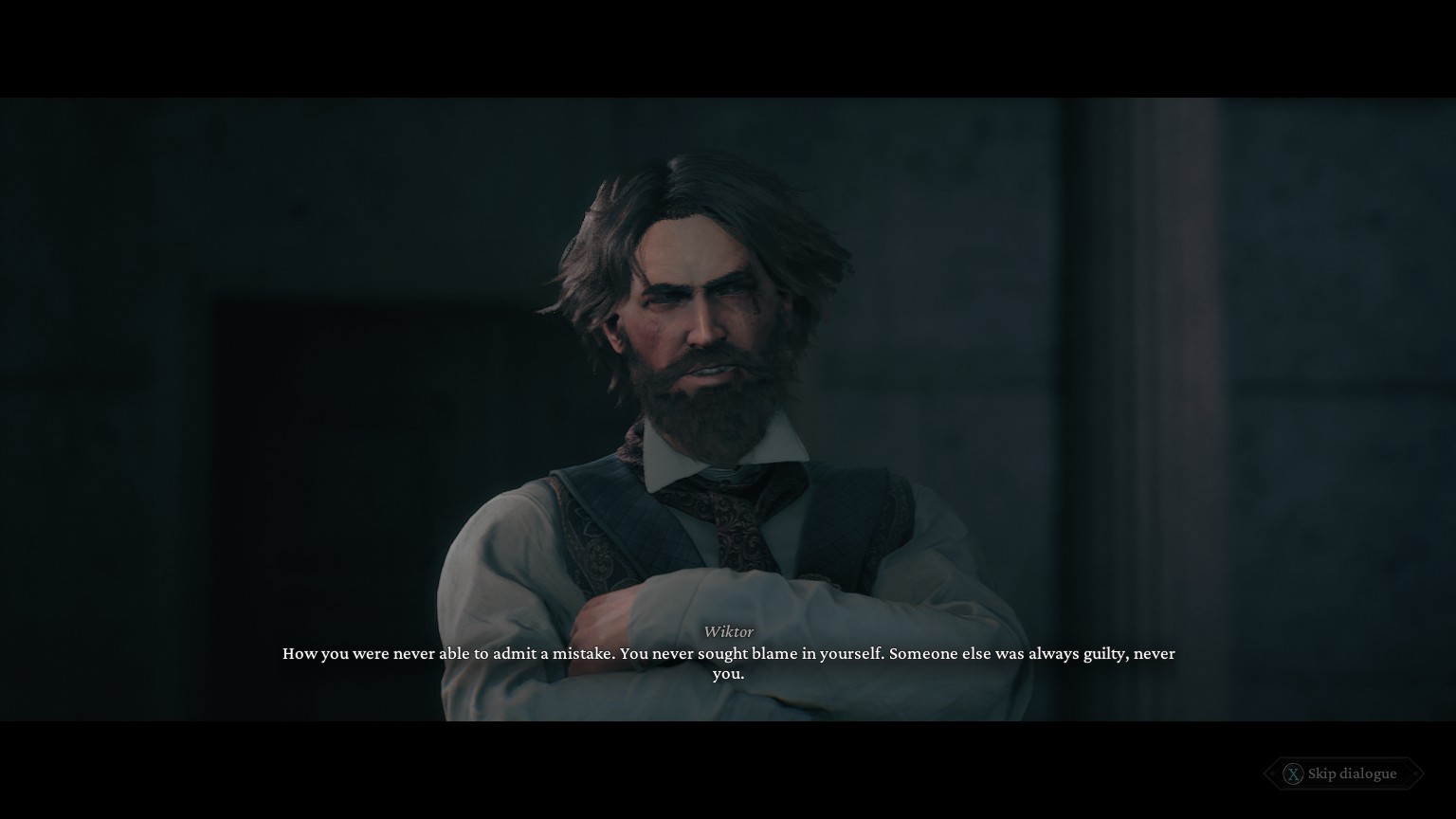
A Jog In The Park
While Warsaw is chock-full of interesting discoveries and stories to unfurl, you’ll need to navigate through its districts to find investigations. The city is divided into half a dozen or so districts, effectively small hub maps. They’re teeming with life, with main quests, side quests and odd jobs activated through stumbling on relevant items.
A lot of time in The Thaumaturge is spent wandering from place to place. Thanks to Wiktor’s ties to the ethereal realm, a handy flow of red energy will guide you to objectives. Snapping your fingers reveals context-sensitive objects, which when interacted with, tell you more about the item itself and the feelings attached to it.
For main and side quests, the act of discovering items, reading their descriptions and piecing together the story behind them is great. Being thorough will reward you with new dialogue tree options and they’re used to tie the collectibles into the game in a meaningful fashion. In a lot of cases, there’s less deductive reasoning than there is simply walking to various points and clicking a button. Consequently, your enjoyment will stem from how willing to immerse yourself in the details you are.
In my 25-hour playthrough, I acquired 90% of the collectibles and completed every quest available. While I was always engaged with the mission-specific investigations and items, I did tire of the odd job-related ones. Collecting the 55 sketches in particular does err on the side of tedium, especially when you’ve already spent 15-20 hours traversing the same small locations. While not bad, there’s maybe a touch too many of them.
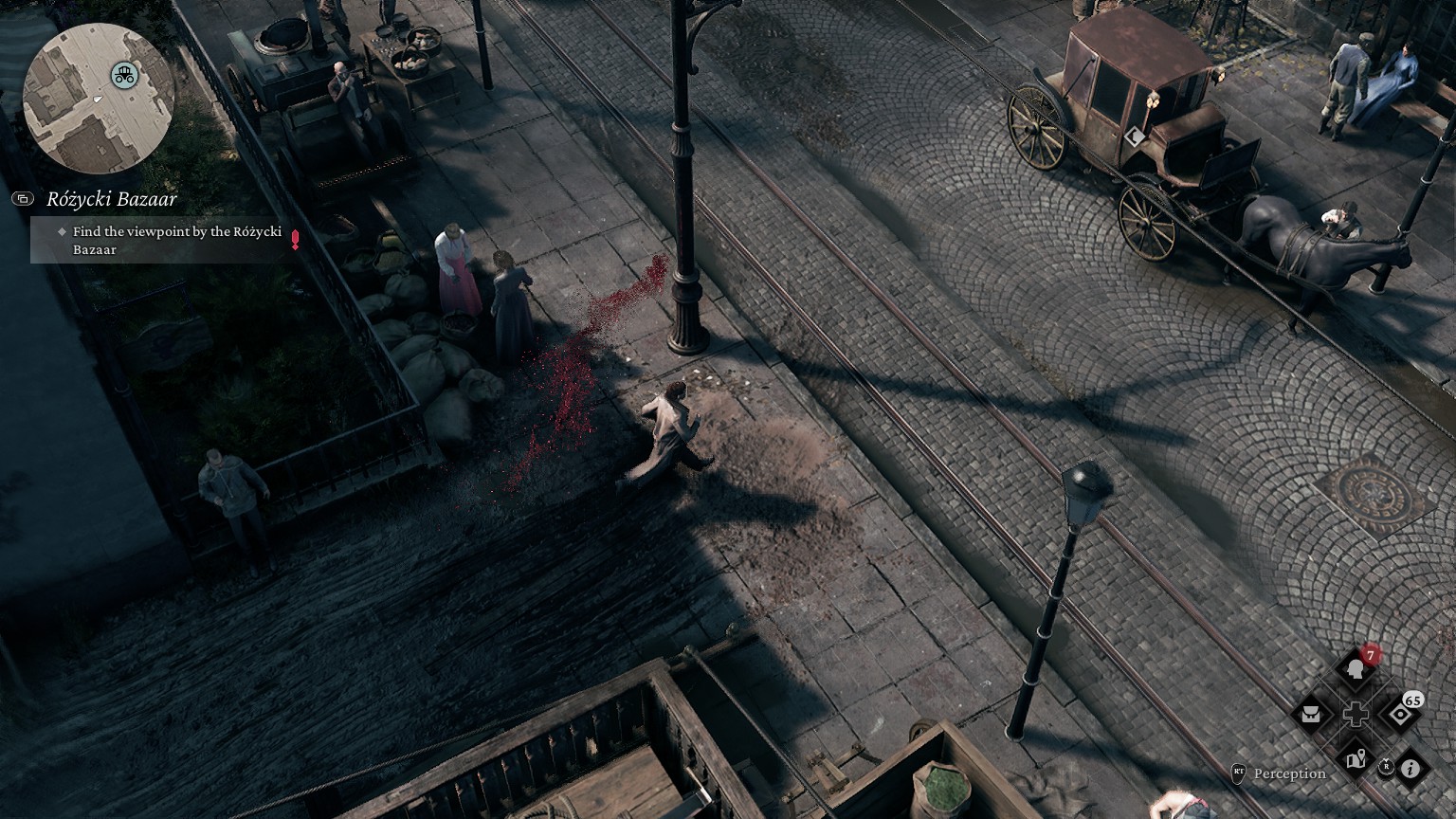
The Quest For Meaning
Despite all the legwork and running around, The Thaumaturge succeeds where so many games disappoint when it comes to side quests. They’re genuinely meaningful and impactful. Sure, you can safely skip them and blitz through the story unabated, but you’d be doing yourself a disservice. The developers have used the side missions as an opportunity to explore more around Warsaw and the stories of the people within it, to great effect.
More than that, they’re multi-layered and offer both gameplay and decision-making advantages. More than one potential Salutor, for instance, are acquired through deep narrative threads. Depending on the outcome of the quest, you may not even end up with the Salutor. This makes doing side missions a consummate pleasure, as opposed to a boring, time-wasting chore.
One such side quest handles the mysterious deaths of multiple local residents in a district. All of them found washed up by a river given local mythical status. There are twists, turns and multiple potential outcomes, depending on your choices. Another quest sees you support or derail the budding “Flying University”, a space where women and the marginalised meet to begin developing higher education.
Main quests follow in a similar vein throughout. What may start out as an innocuous inquiry can very rapidly spiral into brawls, misdirections and broken allegiances. The Thaumaturge excels with its quest design and interwoven stories, which kept me thrilled to keep progressing no matter where I was in the overall story.
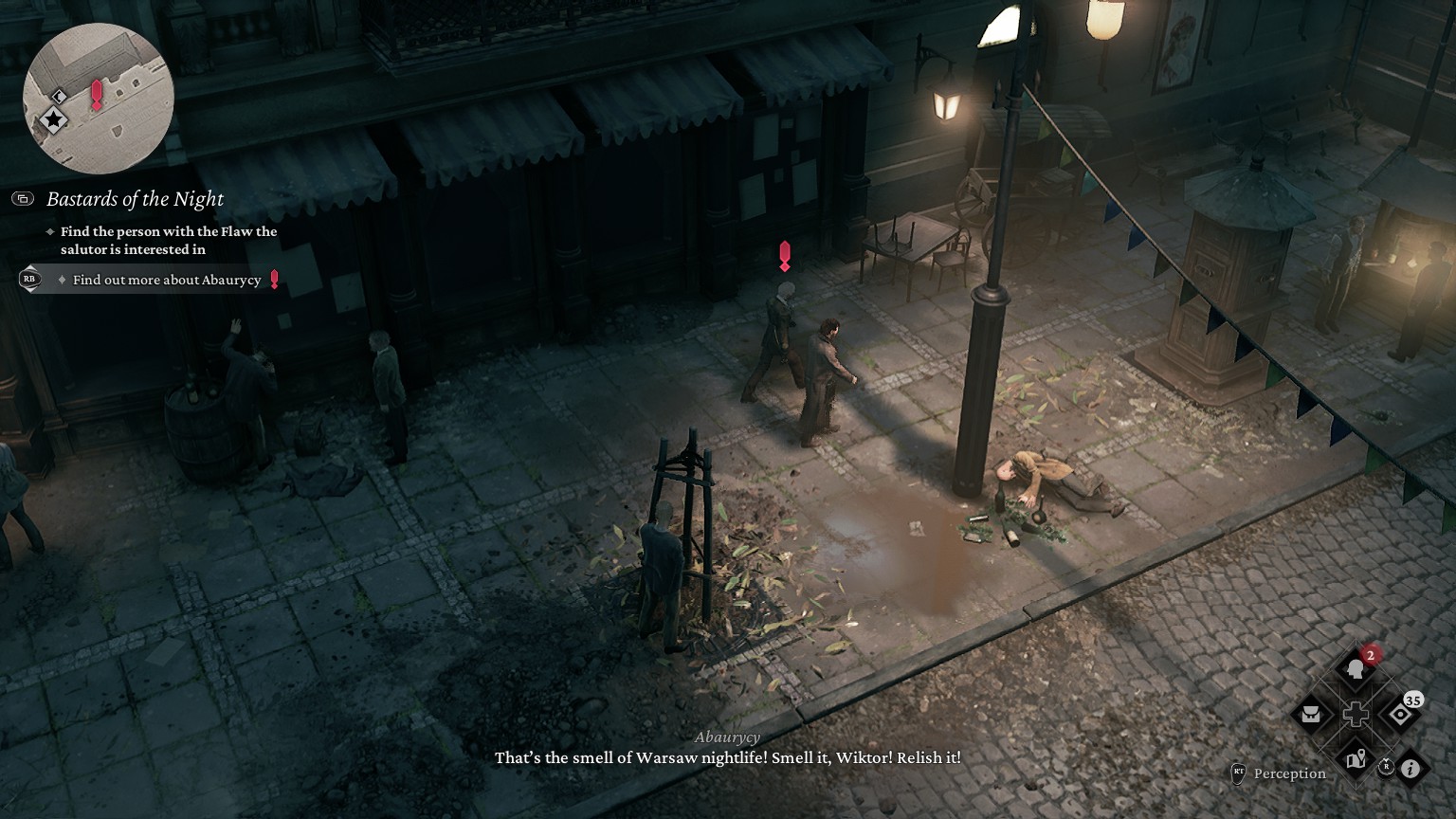
Choose Your Salutor!
During your investigative escapades, you’ll often find yourself on the wrong side of… well, basically everyone. Police, gangs, thugs, and even charlatan street peddlers. Almost everyone is more than happy to dish out some knuckle sandwiches. Wiktor comes prepared, sporting both his own punching acumen and the powers of the Salutors at his beck and call.
Combat is turn-based, where various moves can take between 1-3 rounds to trigger. You can view your opponents’ lined-up moves, allowing you to strategise. It may sound simple, but even selecting whether Wiktor or your Salutor moves first can be essential. You’re taught the basics via tutorial, but mastery will come from experimentation and learning from errors.
Each Salutor has its own set of moves, providing a wealth of combat options to mess around with. Enemies have both traditional health and a focus meter. For some, you can brute force through them with regular attacks. For others, you’ll need to break their focus, opening them up to powerful abilities. Opponents often have traits which make them immune to status effects or may negate 80% of damage, for example.
All of this culminates in an effective combat system that’s interesting and challenging in equal measure. I found most bog-standard fights to be a breeze, but boss battles and story encounters will properly challenge your strategies. The fact that it’s easier or harder depending on your Salutor acquisitions deepens the decision-making stakes of the story, too.
Towards the back end of the game, I did find myself being less engaged. Regular fights won’t present any difficulty by that point, making them begrudging time-killers. Thankfully, random encounters are avoidable. The combat system itself works brilliantly, but it doesn’t quite have the legs to sustain every optional fight you can come across.
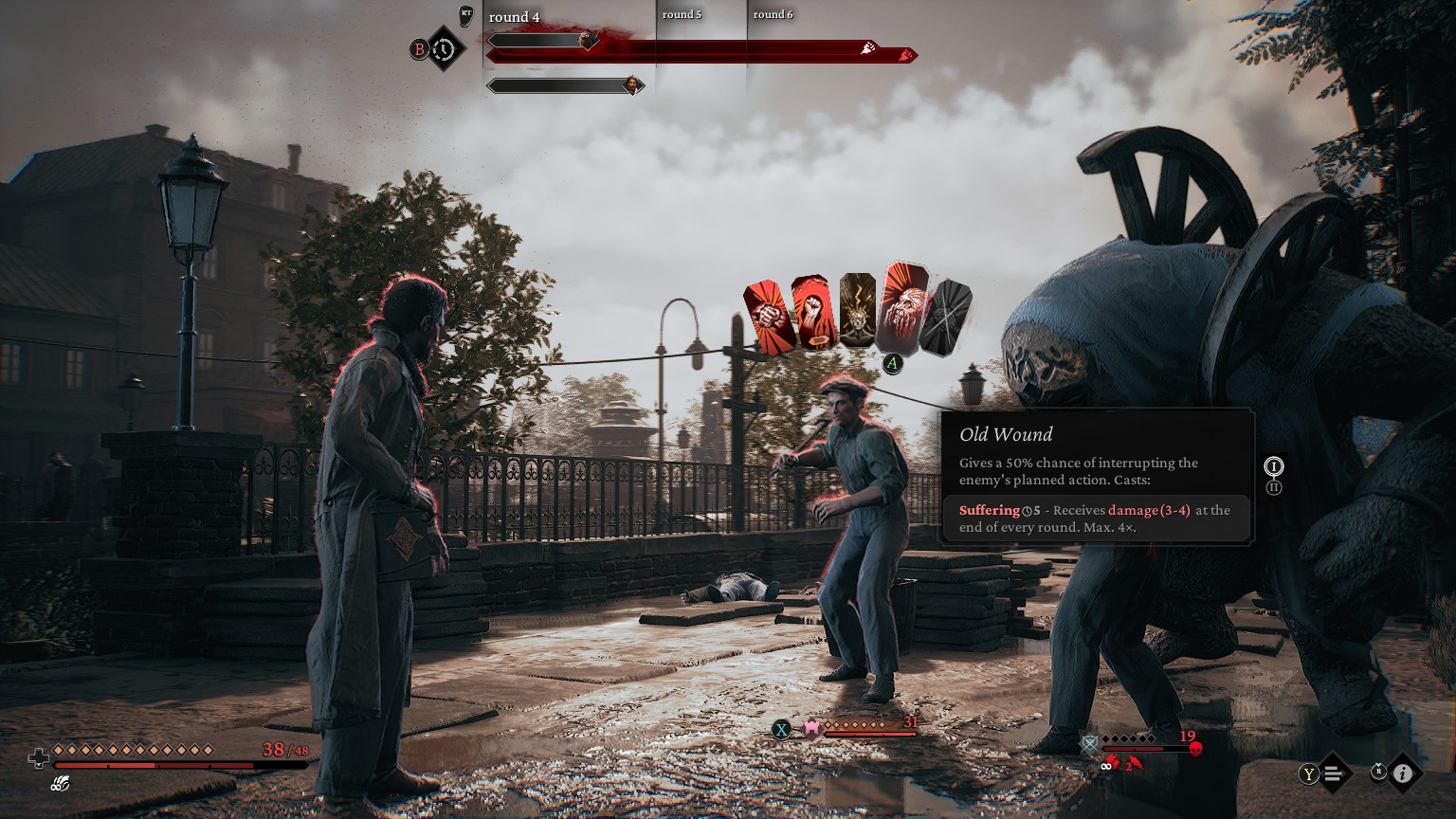
Strengthen Your Spirit
Knocking about thugs and Police alike naturally takes some doing, especially as they get stronger as the game progresses. Thankfully, virtually everything Wiktor does – from completing quests, finding collectibles and brawling opponents – provides XP to level up. These points are invested into Salutor trees (e.g. Words, Mind etc) to unlock additional effects for attacks, and stat increases.
New moves stack onto Wiktor’s core five moves, all the way up to a third tier. Investing in the trees additionally opens up even more dialogue options to complete quests in a more favourable manner. A tricky businessman not playing ball? Simply manipulate him with Veles’ power of persuasion and end the standoff lickety-split.
I’ve been most impressed by the layers The Thaumaturge stacks onto every aspect of its design. All of this aids the world-building and presentation of the game itself, which is wonderful too. The streets of Warsaw are littered with busy locals, illegal actions of the resistance and suspicious individuals. Notable locations are given a specified viewpoint that delivers flair suiting their grandeur. It all works fantastically.
Graphically, the animation work of the environments does so much of the heavy lifting. Facial expressions can occasionally be off, and closer textures can be a little too smooth to be realistic, but the lighting more than makes up for it. Warsaw is a veritable pleasure to wander around and explore, mostly thanks to the detail and attention every crevice of it has received.
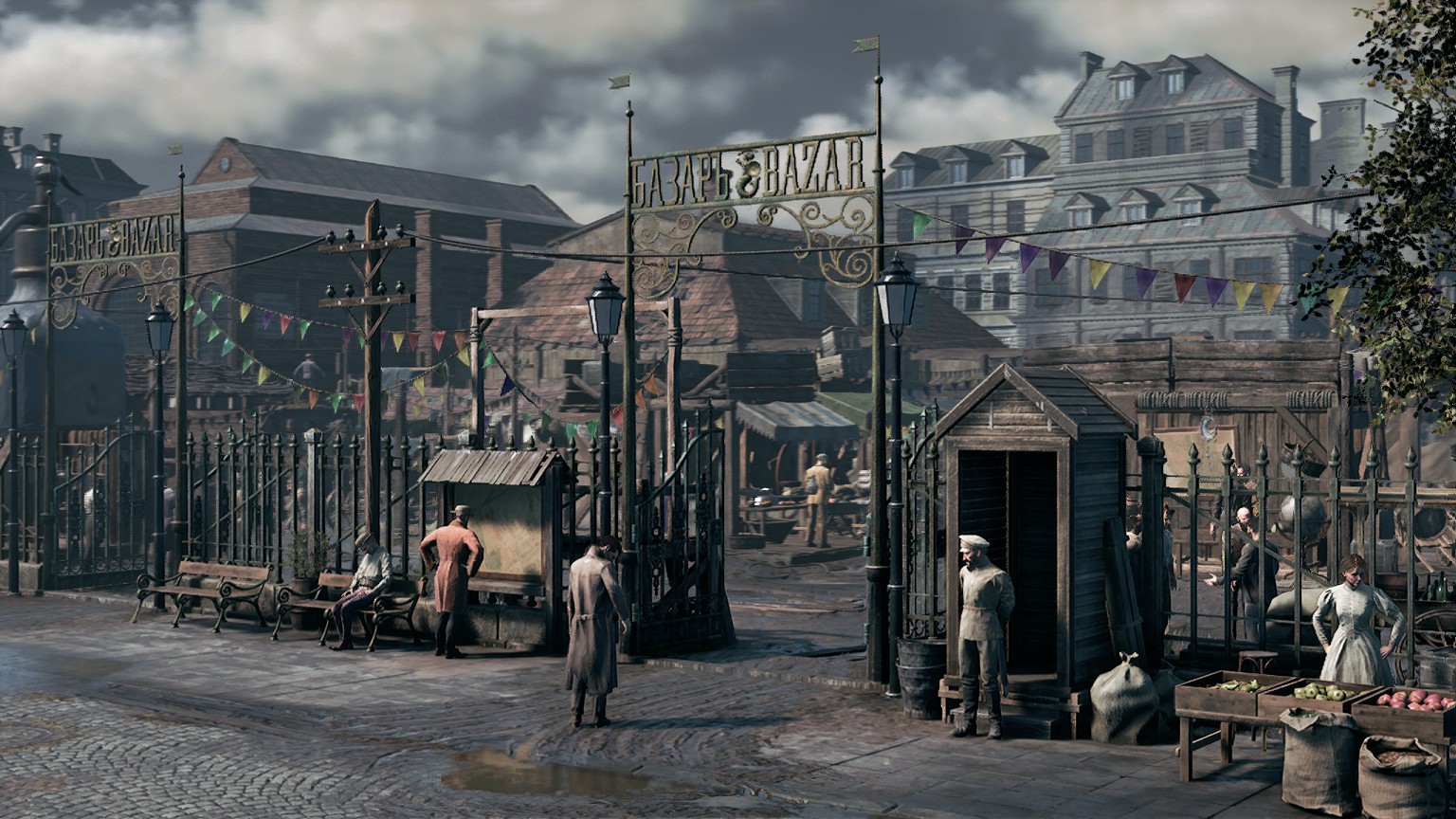
A Thaumaturge Worth Hiring
I should note there were a couple of performance bugs I encountered, though these have hopefully been smoothed over in pre-release patches. A frequent issue made input prompts stop working, meaning no ability to talk to people or select objects, requiring a save reload (thankfully autosaves are common). A couple of times the game simply black-screened on me and wouldn’t load a new area too.
Even despite the odd technical problem and glitch, it never detracted from what is an incredibly immersive video game. The Thaumaturge has so many magnificent elements that it’s hard not to appreciate the stellar overall big picture. Whether I was deducing the motivations of its layered characters, cracking skulls with a devious Salutor assault or taking in the local landmarks, I was transfixed.
Fool’s Theory have made a spectacular RPG experience with phenomenal quest design, character development and world-building on a far lower budget than other games of this scope. There’s the occasional sign of its flaw, but this is a self-reflective thaumaturge that’s mastered the art of its own being. A sensational game that’ll be in the running for my game of the year.
The Thaumaturge is a deep, complex and expertly crafted RPG game. Ripe with engaging, layered stories that enthral and disgust in equal measure, this depiction of Warsaw overrun with the flaws of human nature is supremely compelling. It may be slightly too long and has the odd technical flaw, but this is a world worth delving into, a character study of the human condition brimming with intrigue. An excellent video game that may surprise some as a potential game of the year contender.

The Thaumaturge is available now on PC (review platform), with a PS5 and Xbox Series release coming later in 2024.
Developer: Fool’s Theory
Publisher: 11 Bit Studios
Disclaimer: In order to complete this review, we were provided with a promotional copy of the game. For our full review policy, please go here.
If you enjoyed this article or any more of our content, please consider our Patreon.
Make sure to follow Finger Guns on our social channels –Twitter, Facebook, Twitch, Spotify or Apple Podcasts – to keep up to date on our news, reviews and features.
